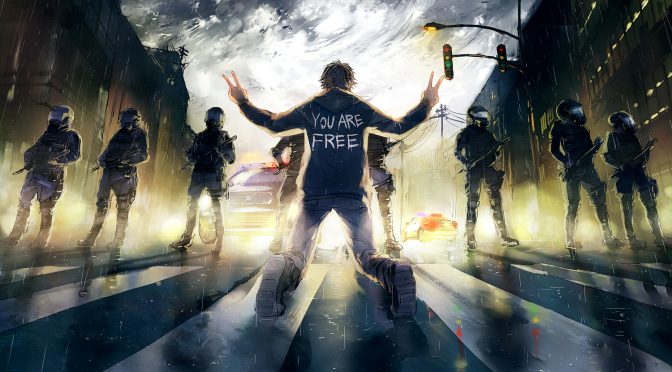Freedom is a cornerstone of modern democratic societies, often viewed as a vital component for human development, innovation, and personal well-being. Yet, as a nation broadens the freedoms enjoyed by its population, it must carefully navigate the complexities and challenges that accompany such liberty. While increased freedom brings opportunities for growth and empowerment, it can also give rise to unintended consequences that may threaten the stability and cohesion of society.
Opportunities Created by Freedom
When people are granted greater freedoms—whether political, economic, or social—they tend to flourish in many ways. Creative expression, entrepreneurial ventures, and scientific advancements often thrive in environments where individuals feel empowered to act without excessive interference. Freedom fosters diversity of thought, enabling societies to adapt to changing circumstances and solve complex problems collaboratively.
For example, countries that uphold free speech encourage public discourse, enabling citizens to hold their governments accountable. Economic freedoms stimulate innovation and competition, driving economic growth and improving the standard of living. Social freedoms, such as those associated with gender equality and LGBTQ+ rights, create more inclusive and equitable societies.
The Dangers of Excessive or Unregulated Freedom
While the benefits of freedom are profound, the lack of appropriate safeguards can lead to negative consequences:
- Social Fragmentation: Increased freedom often empowers individuals to express their unique identities, beliefs, and values. However, this diversity can sometimes result in polarization. Without mutual understanding and respect, societies risk becoming fragmented, with people retreating into echo chambers and resisting efforts to find common ground.
- Misinformation and Manipulation: The freedom to share information, particularly in the digital age, can lead to the spread of misinformation and propaganda. Bad actors may exploit this openness to manipulate public opinion, sow discord, and undermine trust in institutions.
- Erosion of Authority: Greater personal freedoms may challenge traditional sources of authority, including governments, religious institutions, and cultural norms. While this can be a positive force for change, it can also lead to anarchy if people lose faith in the structures that maintain order.
- Economic Disparities: Economic freedom often leads to innovation and growth, but it can also widen the gap between the wealthy and the poor. Without mechanisms to ensure fair access to opportunities, freedom in the marketplace can entrench inequality and create social unrest.
- Unregulated Harm: Personal freedoms, if unchecked, may lead to behaviors that harm others. For instance, the freedom to own firearms without sufficient regulation can lead to increased violence, while unrestricted industrial activities can damage the environment and public health.
How Governments Respond
Governments facing the challenges of increased freedom often implement strategies to mitigate potential risks while preserving the benefits of liberty. These responses typically fall into the following categories:
- Legislation and Regulation: Governments may introduce laws to prevent abuses of freedom. For example, they might regulate hate speech to curb social division, impose antitrust laws to maintain fair competition, or enforce environmental protections to safeguard public health.
- Education and Awareness: Empowering citizens to use their freedoms responsibly is a key strategy. Educational initiatives that promote critical thinking, digital literacy, and civic responsibility help individuals navigate the complexities of a free society.
- Strengthening Institutions: Robust institutions that uphold the rule of law, protect human rights, and ensure fair governance are essential. These institutions act as guardians of freedom, balancing individual rights with collective responsibilities.
- Encouraging Dialogue: Governments may facilitate platforms for dialogue and conflict resolution, fostering mutual understanding and collaboration among diverse groups.
- Monitoring and Accountability: In some cases, governments may use surveillance or monitoring tools to prevent threats to public safety. However, these measures must be carefully balanced against the risk of infringing on personal freedoms.
Finding the Balance
The journey toward a free society is not without its challenges, but it is one worth undertaking. Striking the right balance between individual liberty and collective responsibility requires constant vigilance, adaptability, and a commitment to democratic principles. By addressing the dangers of unregulated freedom and implementing thoughtful safeguards, societies can harness the transformative power of liberty to build more equitable, prosperous, and harmonious communities.
